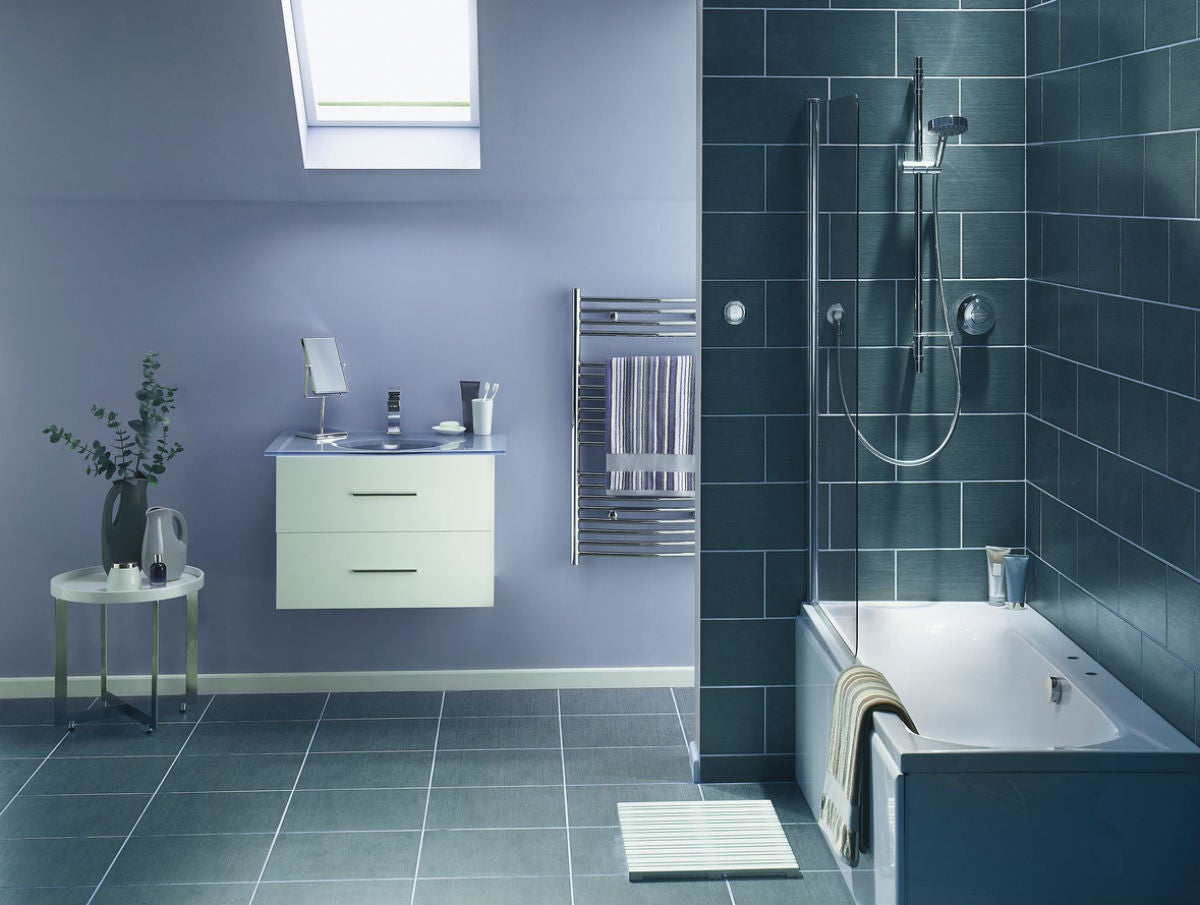

Articles
What Is The Best Tile For Bathroom Floor
Modified: January 19, 2024
Looking for articles on finding the best tile for your bathroom floor? Explore our expert tips and advice to make the right choice for your space.
(Many of the links in this article redirect to a specific reviewed product. Your purchase of these products through affiliate links helps to generate commission for Storables.com, at no extra cost. Learn more)
Introduction
When it comes to selecting the best tile for your bathroom floor, there are several factors to consider. From durability and water-resistant properties to design and aesthetics, finding the perfect tile can make a significant difference in both the functionality and appearance of your bathroom.
With a wide range of options available in the market, it can be overwhelming to determine which type of tile will work best for your bathroom. In this article, we will explore some of the top tile choices for bathroom floors, discussing their advantages and considerations to help you make an informed decision.
Let’s dive into the world of bathroom floor tiles and discover the options that will elevate your bathroom space to a whole new level of style and functionality.
Key Takeaways:
- When choosing the best tile for your bathroom floor, consider factors such as durability, water resistance, maintenance, aesthetics, budget, safety, and longevity. Each type of tile offers unique benefits, so make an informed decision based on your specific needs and preferences.
- Porcelain and ceramic tiles are durable and water-resistant options, while natural stone tiles provide a luxurious look with additional maintenance requirements. Vinyl and luxury vinyl tiles offer affordability and water resistance, and engineered wood tiles combine the warmth of hardwood with moisture resistance. Choose a tile that balances functionality, durability, and style for your bathroom floor.
Read more: What Is Best Mop For Tile Floors
Porcelain Tile
Porcelain tile is a popular choice for bathroom floors due to its exceptional durability and water resistance. Made from fine porcelain clay fired at high temperatures, this type of tile is incredibly dense and non-porous, making it highly resistant to moisture and stains.
One of the key benefits of porcelain tile is its ability to mimic the look of natural stone, wood, or other materials, offering a wide range of design possibilities for your bathroom. Whether you prefer a sleek and modern aesthetic or a classic and rustic feel, there is a porcelain tile option to suit every style.
Porcelain tile is also known for its longevity. With proper installation and maintenance, these tiles can last for decades without losing their beauty or durability. They are resistant to scratches, impacts, and fading, making them an excellent choice for high-traffic areas like bathrooms.
In terms of maintenance, porcelain tile is relatively easy to clean. Regular sweeping and occasional mopping with a mild cleaner are usually sufficient to keep them looking pristine. Additionally, porcelain tiles are resistant to mold and mildew, making them a hygienic option for bathrooms.
When selecting porcelain tile for your bathroom floor, consider the tile’s slip resistance. Look for tiles with a textured or matte finish for better traction, especially if you have young children or elderly individuals in your household.
It’s worth noting that porcelain tiles can be more expensive compared to other bathroom flooring options. However, their long lifespan and durability justify the investment, making them a worthwhile choice for those seeking a high-quality and long-lasting flooring solution.
Ceramic Tile
Ceramic tile is another popular option for bathroom floors. Like porcelain tile, ceramic tile is made from clay and fired at high temperatures. However, ceramic tiles are less dense and more porous than porcelain tiles, making them slightly less water-resistant.
One of the advantages of ceramic tile is its affordability. Ceramic tiles are generally more budget-friendly compared to porcelain or natural stone tiles, making them an attractive option for those on a tighter budget.
Ceramic tiles come in a wide variety of colors, patterns, and sizes, offering endless design possibilities for your bathroom. Whether you prefer a bold and vibrant look or a subtle and timeless design, there is a ceramic tile to match your style and aesthetic preferences.
While ceramic tiles are not as durable as porcelain tiles, they are still a suitable option for bathroom floors. They are resistant to scratches and fading, and with proper maintenance, they can maintain their beauty for years to come.
Like porcelain tile, ceramic tile is relatively easy to clean. Regular sweeping and mopping with a mild cleaner are usually sufficient to keep the tiles looking their best. However, it’s important to note that the grout lines between ceramic tiles may require occasional sealing to prevent staining and moisture penetration.
When selecting ceramic tile for your bathroom floor, opt for tiles with a glaze finish to enhance their water resistance. It’s also advisable to choose textured tiles or add a non-slip treatment to improve slip resistance and ensure safety in wet areas.
In summary, ceramic tile offers a cost-effective and versatile option for bathroom floors. With a wide range of design options and easy maintenance, ceramic tiles can transform your bathroom while staying within your budget.
Natural Stone Tile
Natural stone tile is a luxurious and timeless choice for bathroom floors. With its unique beauty and individual characteristics, natural stone adds a touch of elegance and sophistication to any bathroom space.
There are various types of natural stone tiles available, including marble, granite, travertine, limestone, and slate. Each type showcases its own distinct colors, patterns, and textures, allowing you to create a truly custom and breathtaking flooring design.
One of the key advantages of natural stone tile is its durability. Stone tiles are incredibly strong and can withstand heavy foot traffic, making them a perfect option for bathrooms that see a lot of use.
However, natural stone tiles require regular maintenance to preserve their beauty and integrity. Some types of stone, such as marble, are more prone to scratches and staining than others, so it’s important to seal the tiles properly and clean up spills promptly.
Additionally, natural stone tiles need to be properly sealed to protect them from moisture and maintain their longevity. The frequency of resealing depends on the type of stone and the amount of foot traffic in the bathroom. It’s essential to follow the manufacturer’s guidelines and recommendations for sealing and cleaning your specific type of natural stone tile.
Another consideration when choosing natural stone tile is its slip resistance. Some natural stone varieties may be smooth and become slippery when wet, increasing the risk of accidents. To enhance safety, consider selecting stone tiles with a textured or honed finish, or add non-slip treatments to the surface.
While natural stone tile can be more expensive than other options, its timeless beauty and durability make it a worthwhile investment. With proper care and maintenance, natural stone tiles can transform your bathroom into a luxurious sanctuary that will impress for years to come.
Vinyl Tile
Vinyl tile is a popular and affordable choice for bathroom floors. It offers a combination of durability, water resistance, and versatility, making it a practical option for both residential and commercial bathroom spaces.
One of the key advantages of vinyl tile is its excellent water resistance. Unlike natural stone or ceramic tiles, vinyl tile is inherently waterproof, making it highly suitable for bathrooms where moisture is a concern. This water resistance helps prevent damage from spills, splashes, and high humidity, ensuring the longevity of your flooring.
Vinyl tile is also known for its durability. It is resistant to scratches, stains, and impacts, making it an ideal option for high-traffic areas. This durability translates to a longer lifespan for your bathroom floor, saving you money in the long run.
Another benefit of vinyl tile is its versatility in design. It comes in a wide range of colors, patterns, and styles, allowing you to achieve various looks for your bathroom. Whether you prefer a modern and sleek design or a traditional and classic aesthetic, vinyl tile offers numerous options to suit your taste.
Additionally, vinyl tile is relatively easy to install and maintain. It can be installed directly over existing flooring, saving time and cost on floor preparation. Cleaning vinyl tile is simple and hassle-free, requiring only regular sweeping and occasional mopping with a mild cleaner.
Although vinyl tile is a cost-effective option, it’s worth noting that it may not have the same luxurious look and feel as natural stone or porcelain tile. However, advancements in technology have led to the development of vinyl tiles that closely resemble the appearance of various materials, including wood, stone, and ceramic.
In summary, vinyl tile is a budget-friendly, water-resistant, and durable option for bathroom floors. With its versatility and easy maintenance, vinyl tile allows you to create a stylish and functional bathroom that fits your budget and personal style.
Porcelain tiles are the best choice for bathroom floors due to their durability, water resistance, and low maintenance. Look for tiles with a textured surface to prevent slipping.
Read more: What Are Floor Tiles Made Of
Luxury Vinyl Tile (LVT)
Luxury Vinyl Tile (LVT) is an upgraded version of traditional vinyl tile that offers enhanced durability, design options, and overall aesthetics. LVT is designed to mimic the look and feel of natural materials like hardwood, stone, or ceramic, while providing the benefits of vinyl tile.
One of the biggest advantages of LVT is its incredible durability. It is constructed with multiple layers, including a wear layer that protects against scratches, stains, and everyday wear and tear. This makes LVT an excellent choice for bathrooms that experience heavy foot traffic or have young children or pets.
When it comes to design, LVT offers a wide variety of options. The printing technology used on the wear layer allows for realistic designs, textures, and patterns. This means you can achieve the look of natural materials without the high cost and maintenance associated with them.
In addition, LVT is available in various sizes and formats, including planks and tiles, allowing for creative and unique flooring designs. The flexibility of LVT makes it easy to create intricate patterns or replicate the appearance of popular flooring styles, such as herringbone or chevron.
LVT is water-resistant, making it an ideal choice for bathrooms. Its ability to handle moisture without warping or damage makes it suitable for wet areas where spills and humidity are common. With proper installation and sealing of the seams, LVT provides a reliable barrier against water penetration.
Installing LVT in your bathroom is a relatively straightforward process. Thanks to its click-lock or adhesive installation methods, LVT can be installed over almost any existing subfloor, including concrete or plywood. This makes it a convenient option for renovations or updating your bathroom flooring.
When it comes to maintenance, LVT is a breeze to clean. Regular sweeping or vacuuming, along with occasional mopping with a mild cleaner, is usually sufficient to keep the flooring looking its best. LVT is also resistant to stains and easy to spot clean if spills occur.
While LVT is generally more expensive than traditional vinyl tile, it offers superior durability, design options, and a more realistic look and feel. The long-term benefits of LVT, coupled with its low maintenance requirements, make it a worthwhile investment for your bathroom floor.
Engineered Wood Tile
Engineered wood tile is a fantastic option for those who desire the warmth and beauty of hardwood for their bathroom floors but are concerned about the potential moisture-related issues. Engineered wood tile is specially designed to withstand high humidity levels and fluctuations in temperature, making it a viable choice for bathrooms.
This type of flooring is constructed with a top layer of real wood veneer, which provides the authentic look and feel of hardwood. Underneath the veneer, multiple layers of plywood or fiberboard are bonded together, enhancing the stability and durability of the tile. The bottom layer is typically made of a moisture-resistant material, ensuring it can withstand the occasional splashes and damp environment commonly found in bathrooms.
One of the benefits of engineered wood tile is its versatility in design. It comes in a variety of wood species, finishes, and plank sizes, giving you the freedom to choose the style that aligns with your bathroom’s aesthetic. Whether you prefer the timeless elegance of oak or the rustic charm of reclaimed barnwood, there is an engineered wood tile option to suit your taste.
Engineered wood tile is relatively easy to install, as it can be glued down directly onto a clean and level subfloor. Some types are designed with a click-lock system, allowing for floating installation without the need for adhesives. It’s important to follow the manufacturer’s guidelines for installation and ensure proper acclimation of the tiles before installation.
When it comes to maintenance, engineered wood tile requires regular sweeping or vacuuming to remove dust and debris. It’s important to clean up any spills or moisture promptly to prevent water damage. Avoid using excessive water or harsh cleaning agents, as they can potentially damage the wood veneer. It’s recommended to use a cleaner specifically formulated for engineered wood floors.
While engineered wood tile offers moisture resistance, it’s crucial to ensure proper ventilation in the bathroom to prevent long-term moisture buildup. This can be achieved through the use of exhaust fans or opening windows during and after showering.
It’s important to note that while engineered wood tile is more moisture-resistant than traditional hardwood, it is still not completely waterproof. Therefore, proper care and maintenance are necessary to ensure its longevity and appearance.
Overall, engineered wood tile is an excellent choice for those who desire the beauty of hardwood in their bathroom but want a flooring material that can withstand moisture. With its durability, versatility, and natural aesthetic, engineered wood tile can elevate the style and functionality of your bathroom.
Choosing the Right Tile for Your Bathroom Floor
When selecting the best tile for your bathroom floor, it’s essential to consider several factors to ensure that you choose a suitable and long-lasting option. Here are some key factors to keep in mind:
- Durability: The bathroom is a high-traffic area prone to spills, moisture, and fluctuations in temperature. It’s crucial to select a tile that is durable and can withstand the wear and tear of everyday use.
- Water Resistance: Since bathrooms are exposed to water and humidity regularly, it’s important to choose a tile that is water-resistant. Options such as porcelain, ceramic, vinyl, luxury vinyl tile (LVT), and engineered wood tile are known for their water resistance.
- Maintenance: Consider the level of maintenance required for different types of tiles. Some tiles, like porcelain and ceramic, are relatively easy to clean and require minimal maintenance. Natural stone tiles, on the other hand, may require more frequent sealing and specialized cleaning products.
- Aesthetics: The tile you choose should complement the overall style and design of your bathroom. Consider the color, pattern, texture, and shape of the tiles to create the desired ambiance and visual impact.
- Budget: Set a realistic budget for your bathroom flooring project and explore options that fit within your financial constraints. Keep in mind that certain materials, like natural stone, may be more expensive than others.
- Safety: Consider the slip resistance of the tile, especially if you have children, elderly individuals, or anyone with mobility issues in your household. Look for textured or non-slip finishes that provide better traction in wet areas.
- Longevity: Evaluate the lifespan of different types of tiles. Some materials, like porcelain and natural stone, are known for their longevity and can withstand the test of time with proper care and maintenance.
Ultimately, the best tile for your bathroom floor will depend on your specific needs, preferences, and budget. If you’re unsure, consult with a professional tile expert who can provide guidance and recommendations based on your requirements.
By taking the time to carefully consider these factors, you can find a tile that not only enhances the functionality and durability of your bathroom floor but also adds beauty and style to your space.
Conclusion
Choosing the right tile for your bathroom floor is a decision that requires careful consideration of various factors, including durability, water resistance, maintenance, aesthetics, budget, safety, and longevity. Each type of tile offers its own set of advantages and considerations, allowing you to find the perfect balance between functionality and style.
Porcelain tile and ceramic tile are popular choices due to their durability, water resistance, and versatility in design. They offer a wide range of colors, patterns, and textures to suit any bathroom aesthetic. Natural stone tile provides a luxurious and timeless look but requires additional maintenance and sealing to withstand moisture effectively.
For those on a budget, vinyl tile and luxury vinyl tile (LVT) provide an affordable and water-resistant solution with various design options. Vinyl tiles mimic the appearance of natural materials, while LVT offers enhanced durability and a more realistic look and feel.
Engineered wood tile is an excellent choice for those who desire the warmth and beauty of hardwood in their bathroom but want a material that can withstand moisture. It offers durability, design versatility, and the allure of natural wood.
When making your decision, consider the specific needs of your bathroom, including the level of foot traffic, the presence of moisture, and the desired aesthetic. It’s important to strike a balance between functionality, durability, and style.
Lastly, consult with professionals in the tile industry to gain expert advice and recommendations tailored to your requirements. They can guide you through the selection process and provide valuable insights to help you make an informed decision.
By carefully considering these factors and exploring the various tile options available, you can choose the best tile for your bathroom floor that will not only withstand the test of time but also create a visually appealing and functional space where you can relax and rejuvenate.
Investing in the right tile for your bathroom floor will not only enhance the overall aesthetics of your space but also provide long-lasting durability and functionality for years to come.
Frequently Asked Questions about What Is The Best Tile For Bathroom Floor
Was this page helpful?
At Storables.com, we guarantee accurate and reliable information. Our content, validated by Expert Board Contributors, is crafted following stringent Editorial Policies. We're committed to providing you with well-researched, expert-backed insights for all your informational needs.
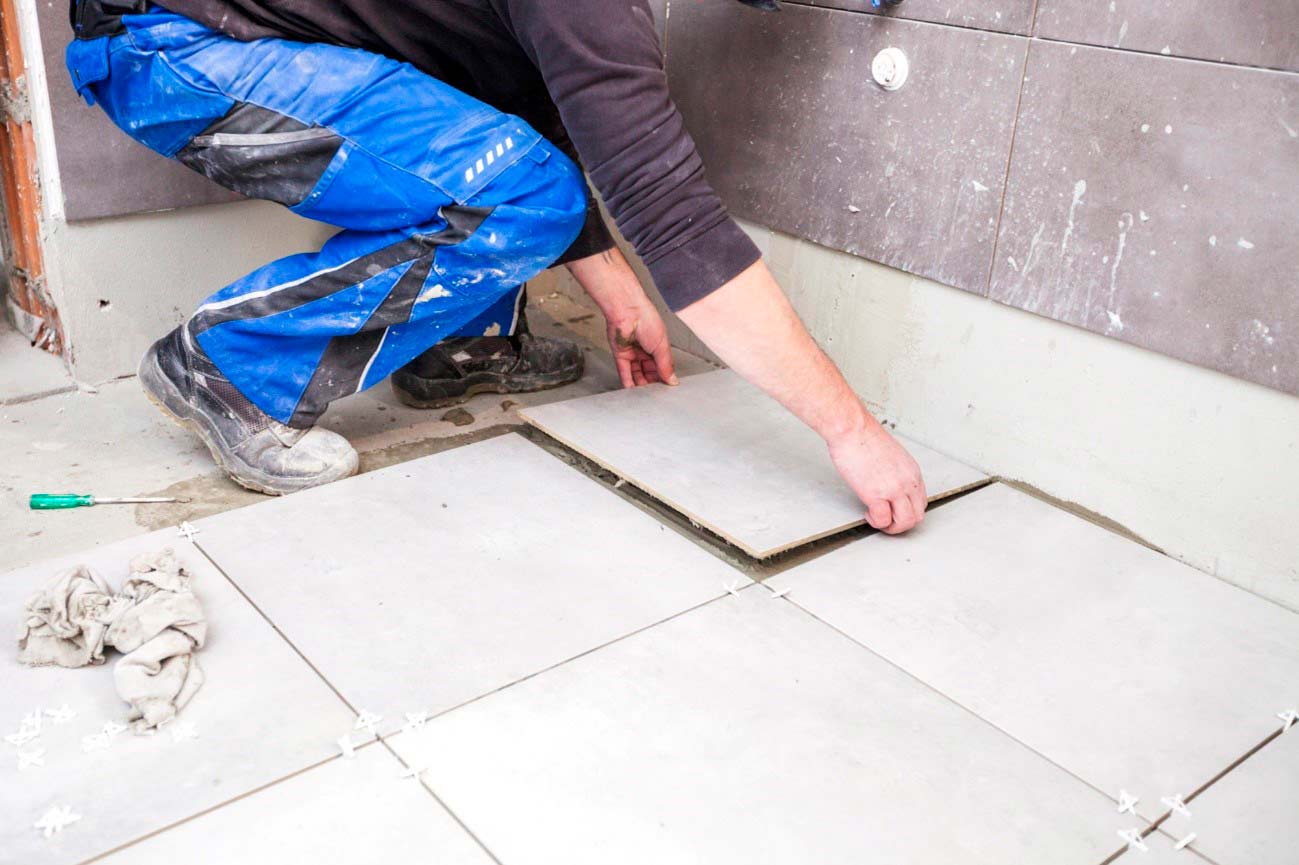
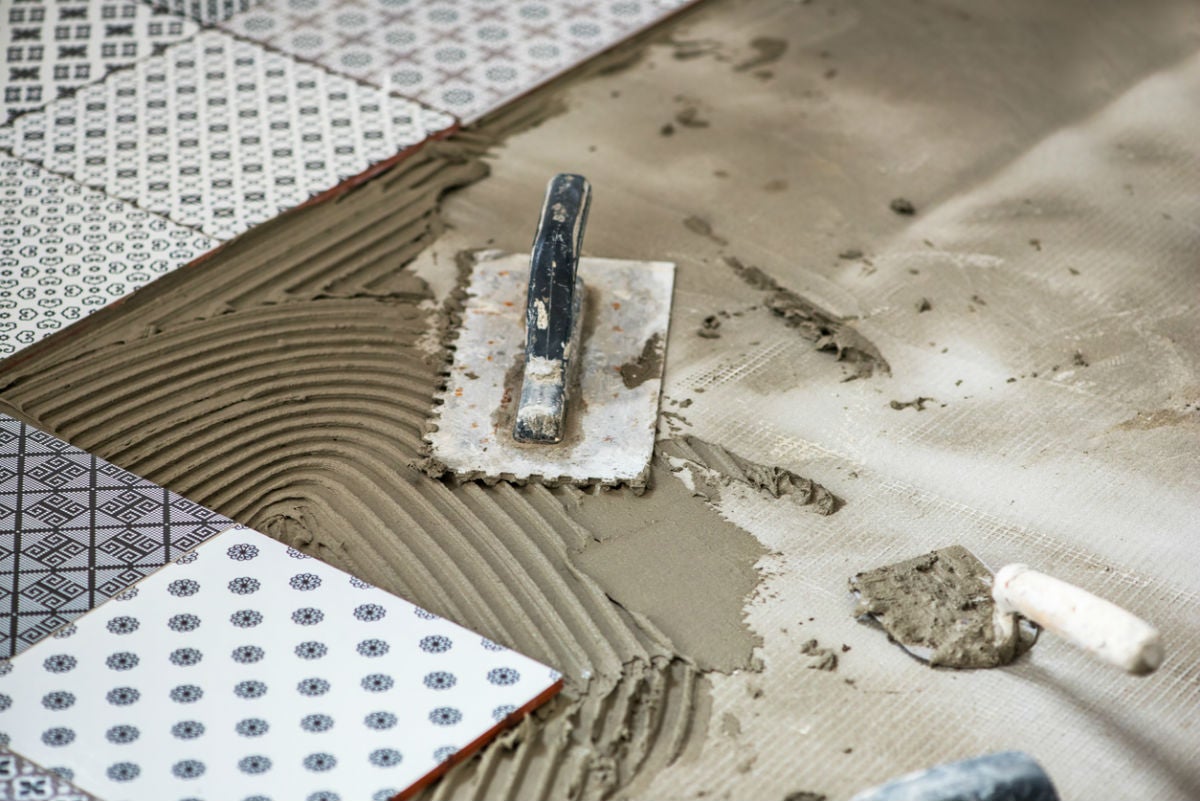
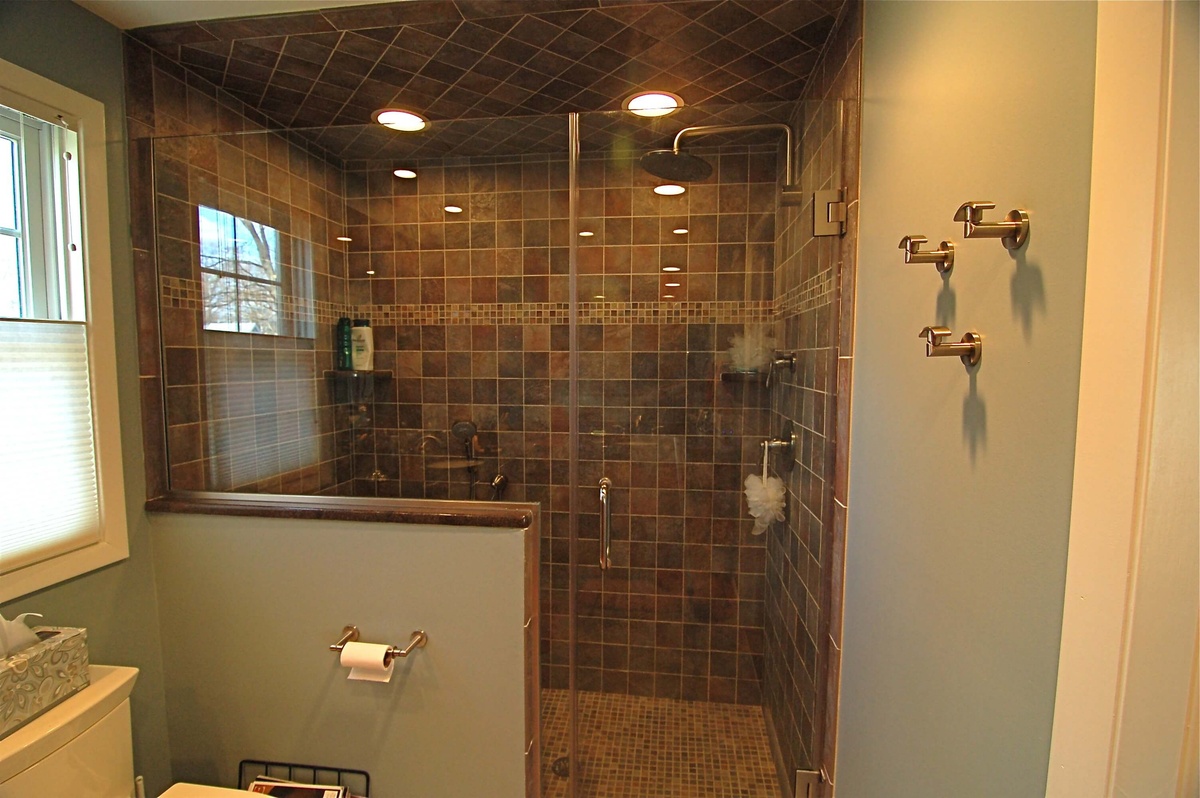
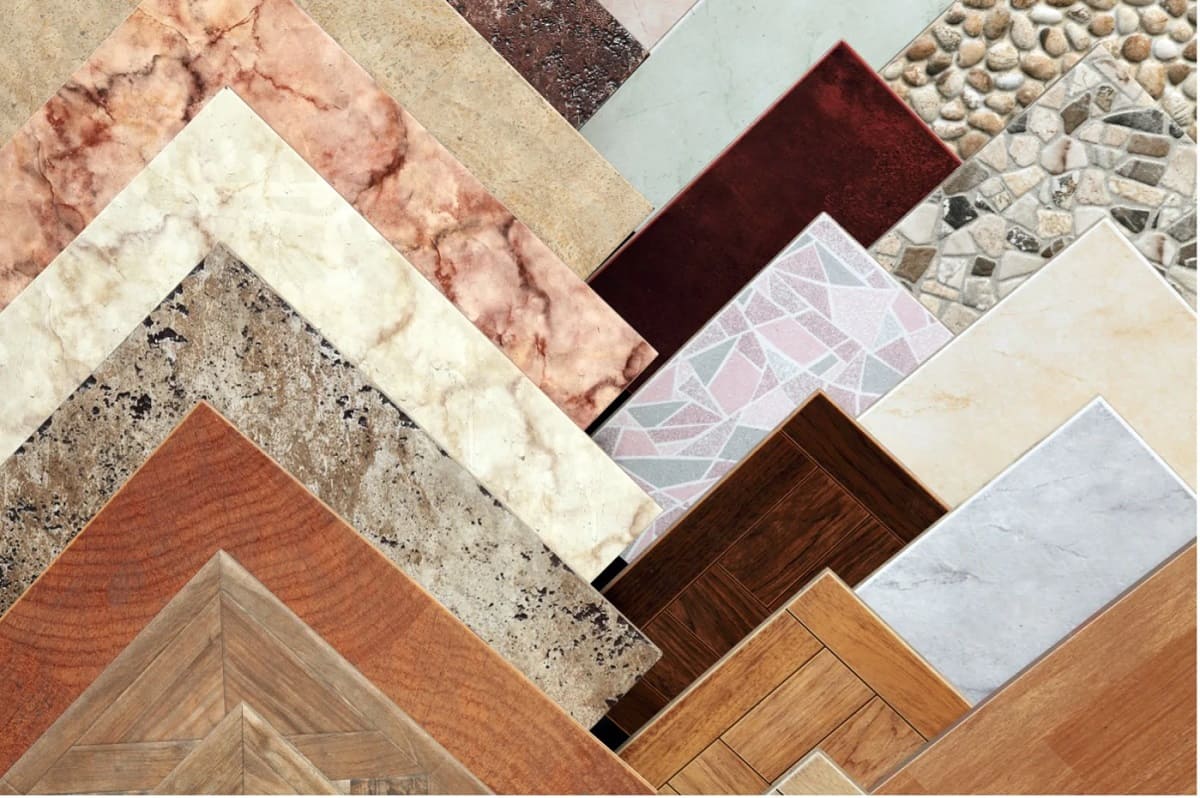
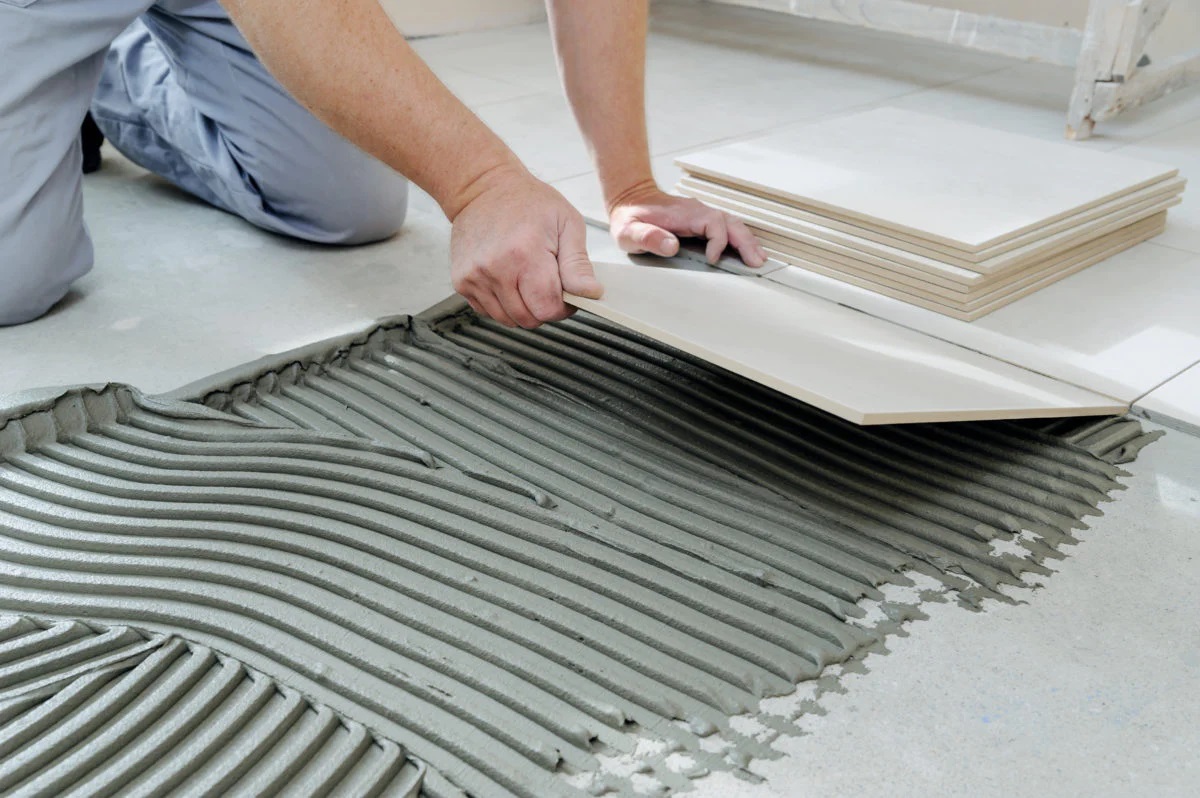
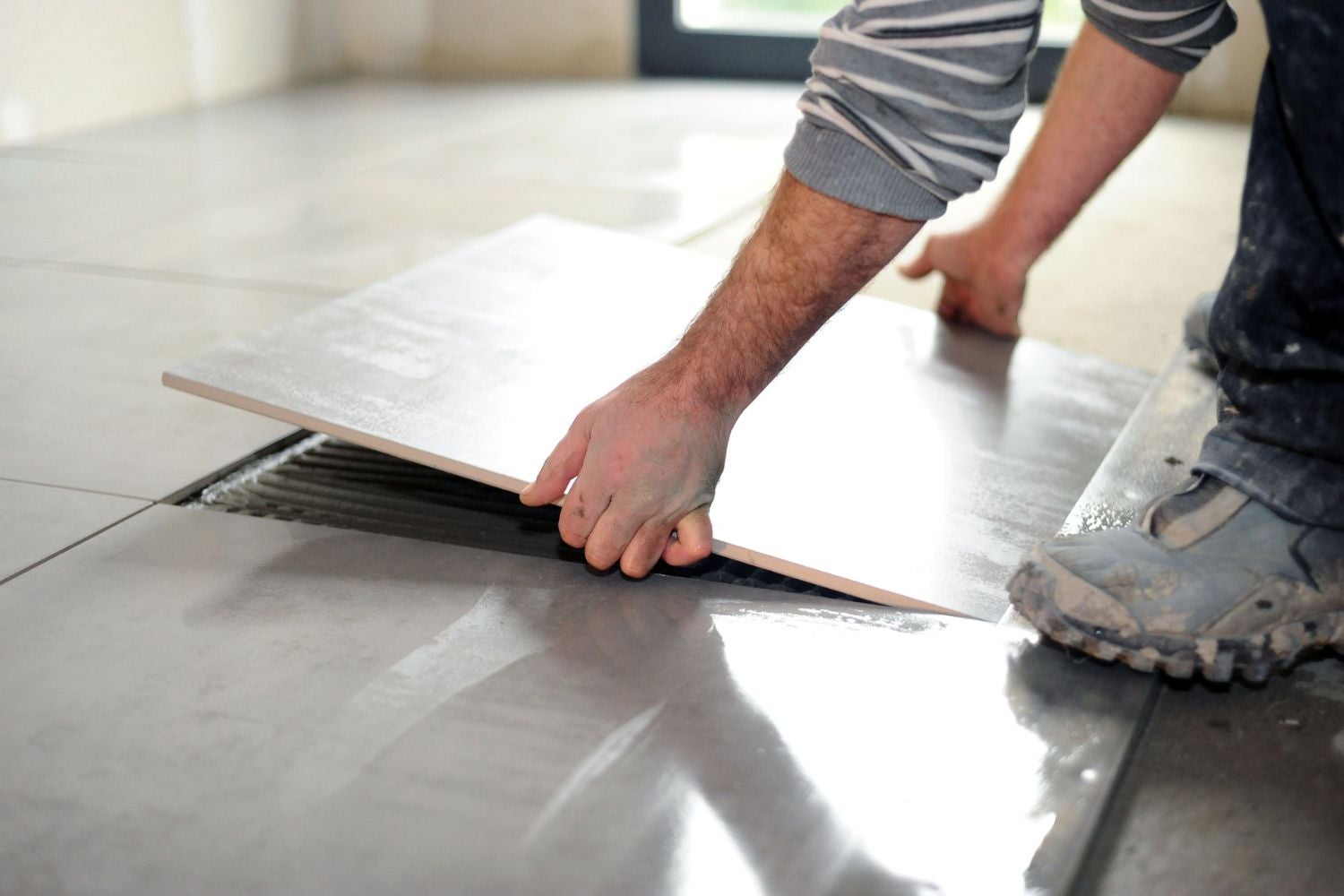
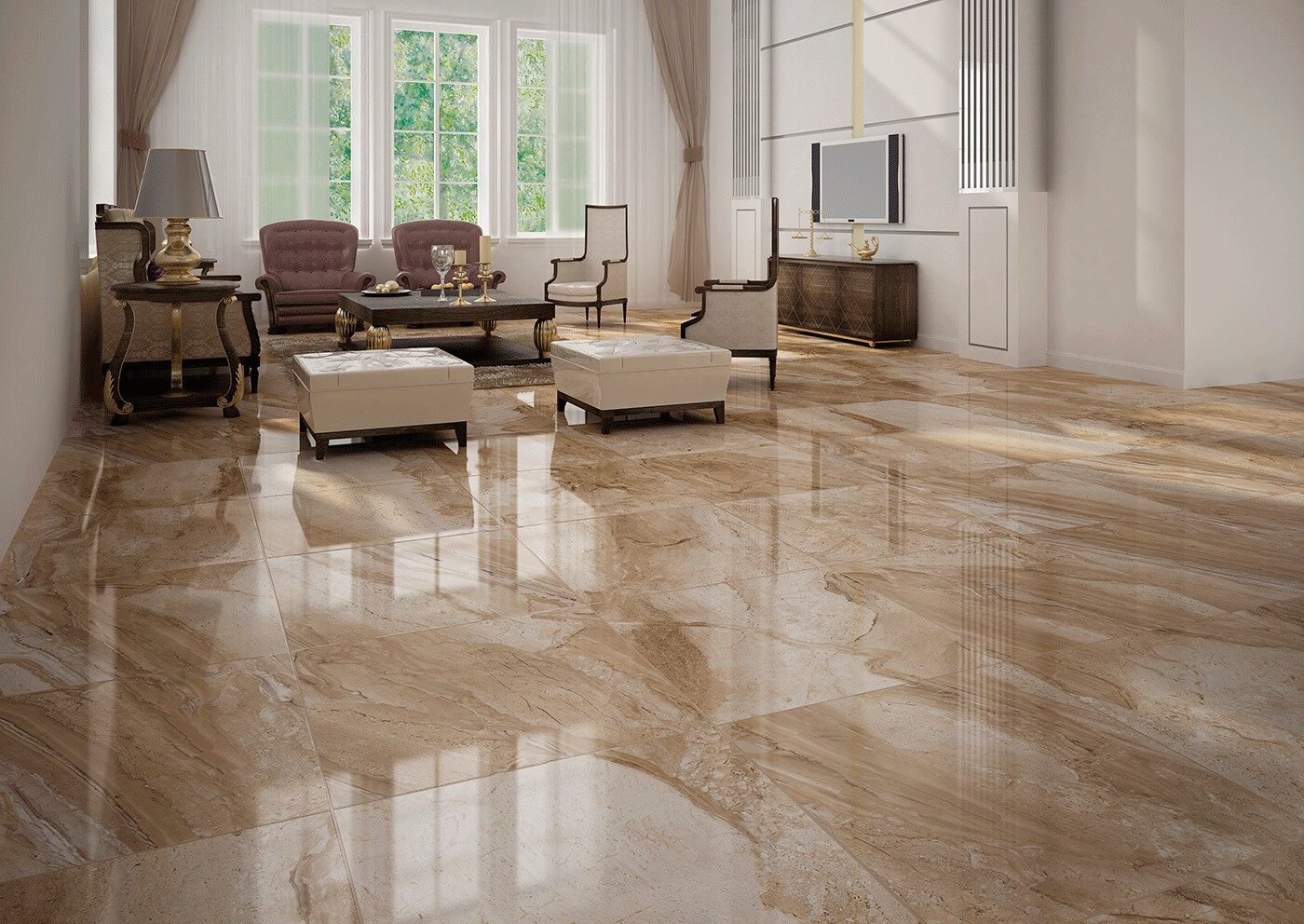
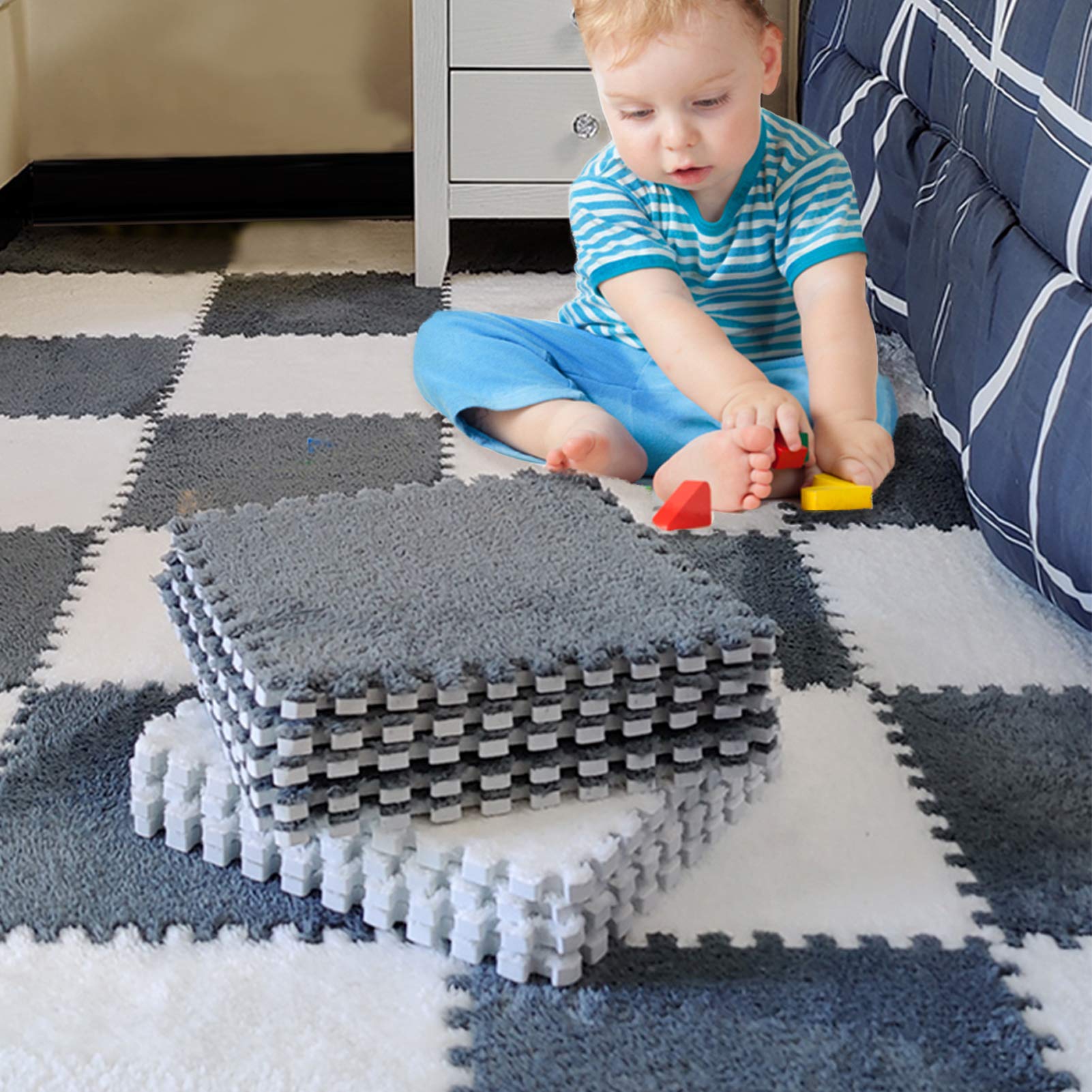
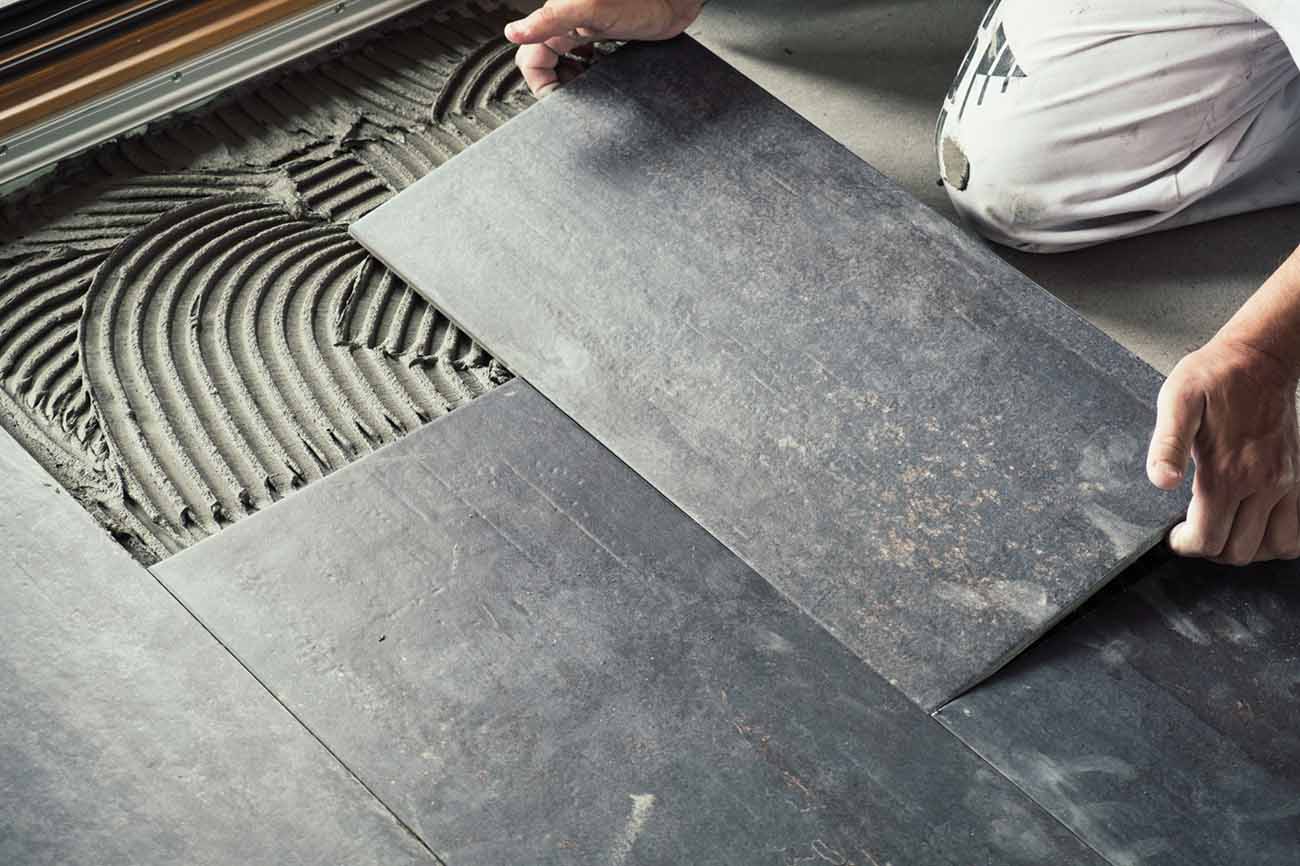
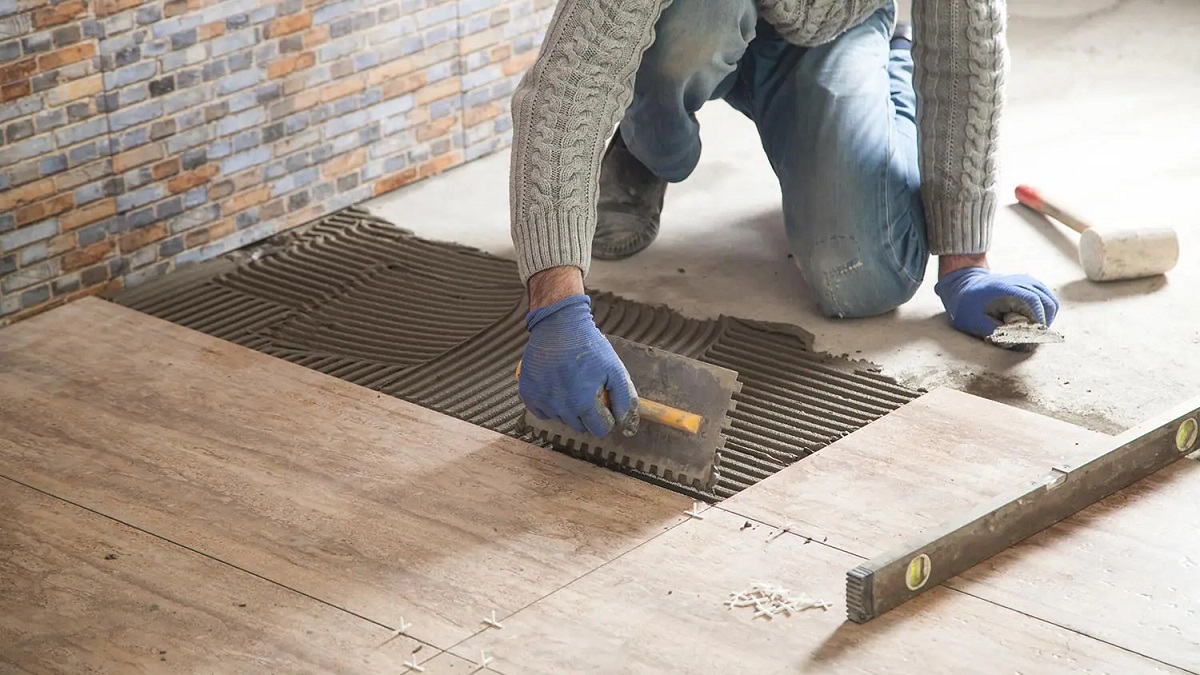
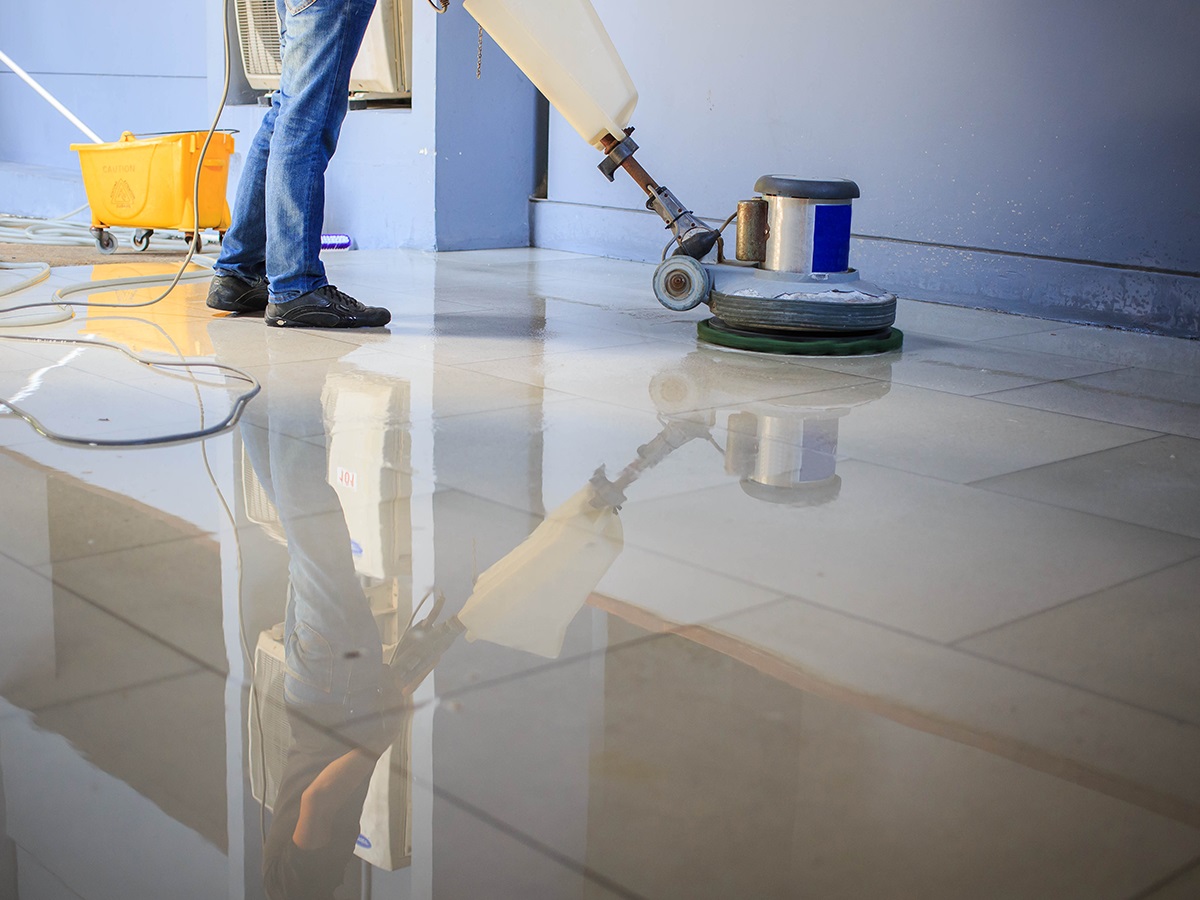
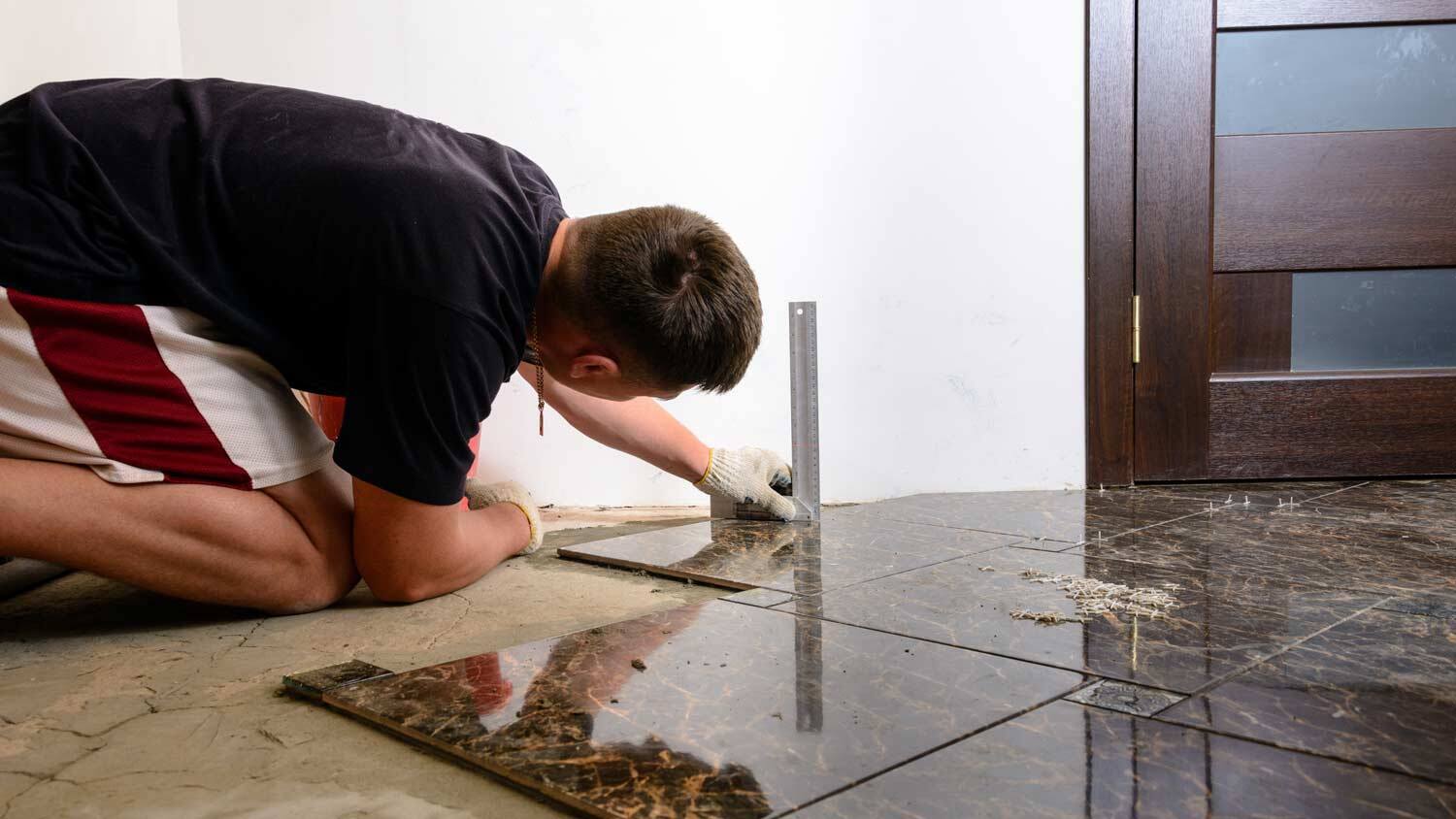
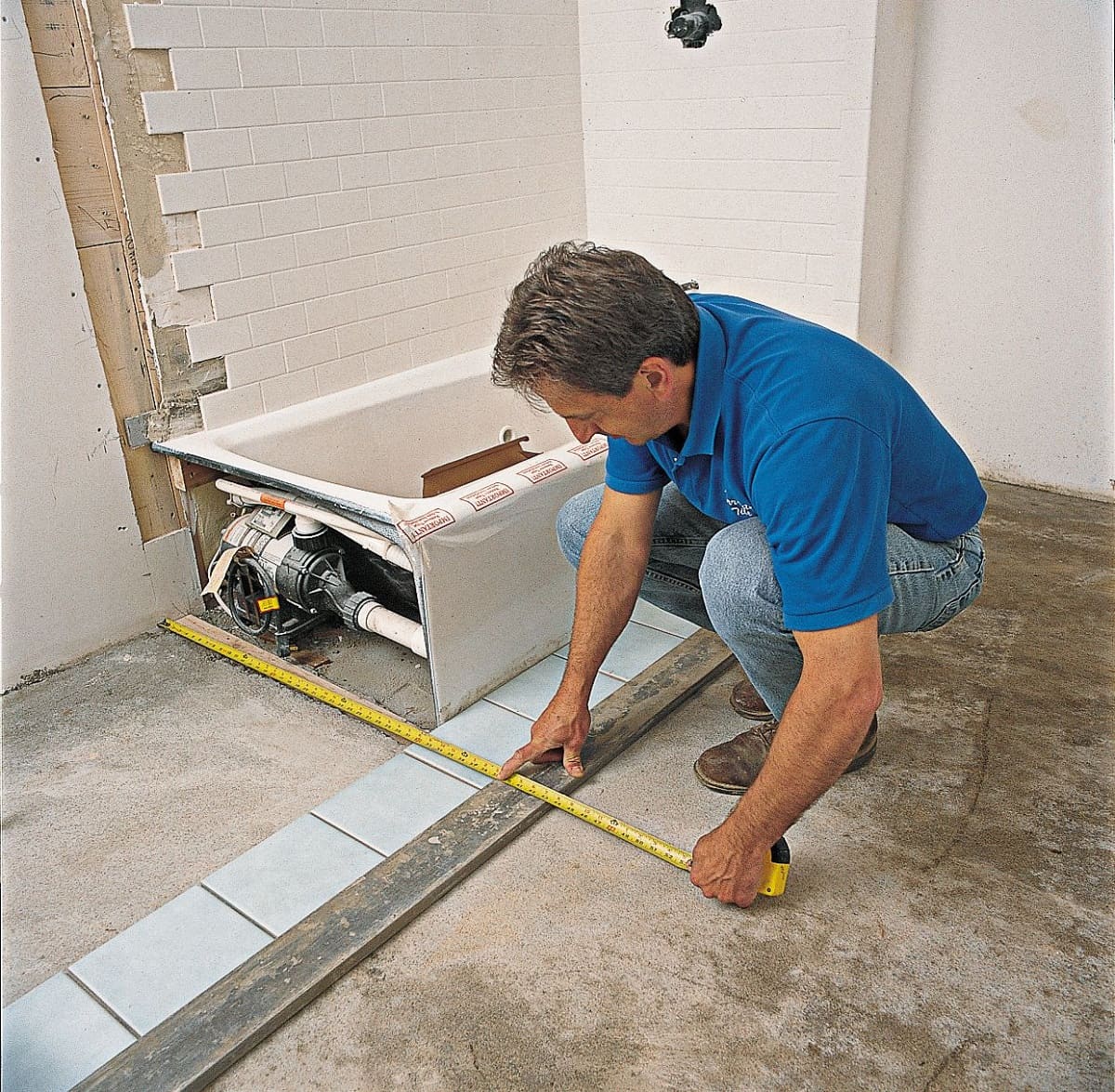
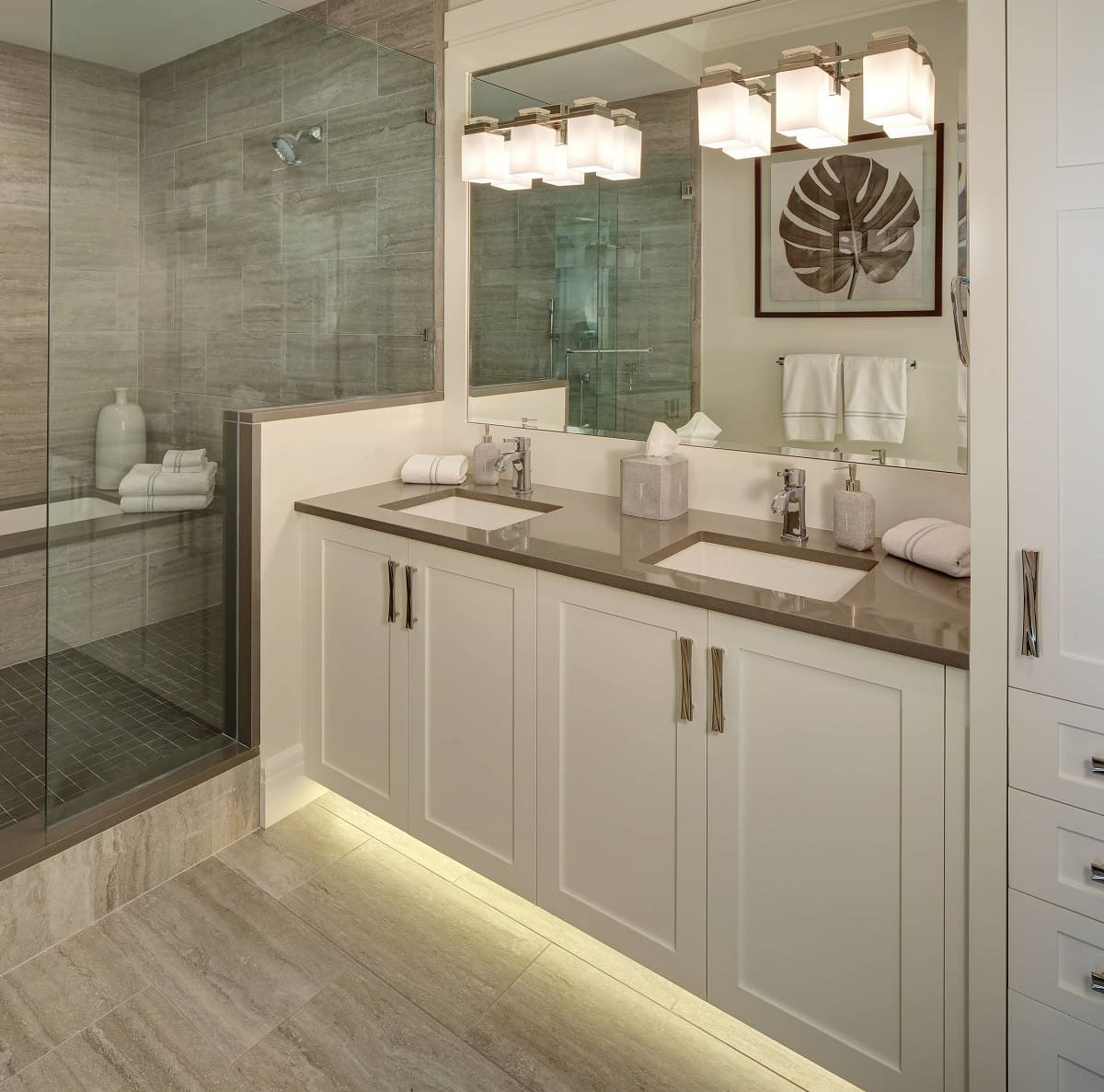

0 thoughts on “What Is The Best Tile For Bathroom Floor”